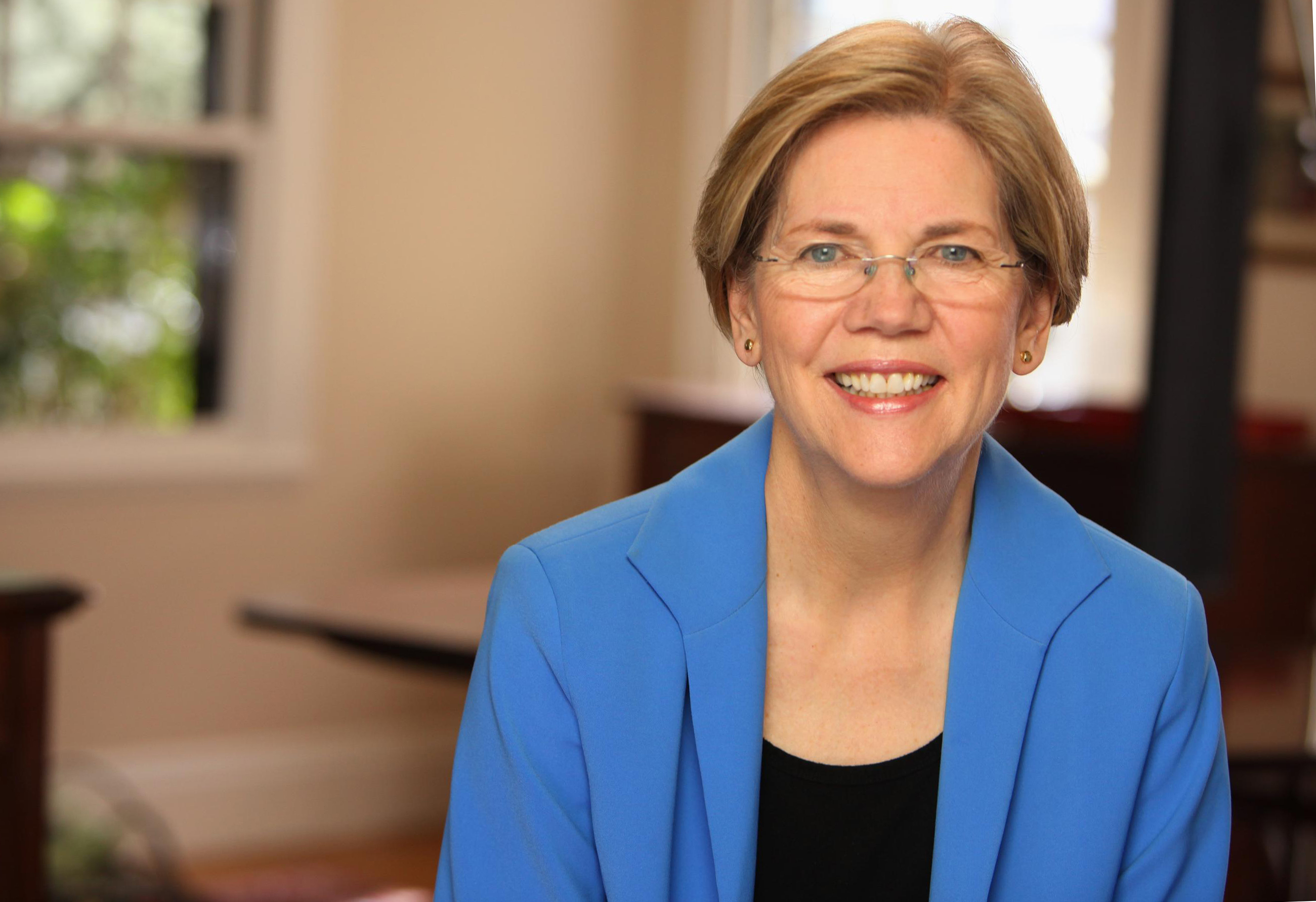Since assuming the office of Senator for the state of Massachusetts in early 2013, Elizabeth Warren has quickly risen to a leading position in the Democratic Party and in the progressive movement as a whole. Warren’s liberal credentials are impressive, as she possesses a strong record of advocating on behalf of consumers and championing the middle class in America. It must also be recognised that Warren’s status has only increased with the election of Donald Trump, and her fierce opposition to both him and to his policies. Recently, Warren was prevented, by Senate Majority Leader Mitch McConnell, from reading a letter written by Coretta Scott King regarding the now-confirmed Attorney General Jeff Sessions’s record on civil rights. McConnell’s interrupting statement, ‘she was warned, she was given an explanation…nevertheless, she persisted’, was subsequently co-opted by progressives and transformed into a call to arms for resistance against the Trump administration and the Republicans aiding it. Thus, Warren has become an even more significant figurehead for progressive movements, as well as a potential leader for the Democratic Party. So, we have to ask what’s next for the Senator from Massachusetts?
Warren’s political views regarding women’s rights and minority rights are widely shared with the Democratic Party as a whole, yet where differences start to emerge is the area of economic policy. Much like fellow Democrat and progressive icon Bernie Sanders, Warren holds left-wing views on financial regulation and redistributive taxation. This is perhaps best summed up in an email Warren sent to her supporters when announcing her re-election campaign as Senator for Massachusetts, stating that ‘the people of Massachusetts didn’t send me to Washington to roll over and play dead while Donald Trump and his team of billionaires, bigots, and Wall Street bankers crush the working people of our Commonwealth and this country…this is no time to quit’. Yet we have to wonder if Warren’s progressive populism will go the way of Sanders’ ‘political revolution’, namely gathering masses of support but not enough to overcome the Democratic establishment. It also, of course, depends on what Warren’s aims are – will she run for President in 2020? Does she want to?
If Warren were to follow Sanders in launching a presidential bid when the time came, it seems she would face even greater obstacles than Bernie did. As shown by the recent incident in the Senate, when male senators who read King’s letter were not interrupted as Warren was, US politics is still sexist. Warren also faces discrimination regarding her Native American heritage, with President Trump having called her ‘Pocahontas’. After the events of the 2016 presidential election we have to ponder whether America is ready for a female, minority-background candidate. At this point in time, such talk is mere speculation. However, what Warren does offer is a coherent set of beliefs represented by someone typical Democratic supporters can identify with. Warren’s passionate rhetoric and left-wing economics also show signs of reaching outside of the Democratic base, just as Sanders would have been capable of doing had he reached the presidential race, rather than losing to the Democratic establishment and Hillary Clinton in the Primary.
Warren’s first step to a possible presidential candidacy is re-election as Senator for Massachusetts in 2018, which may not be as easy as some think. A poll conducted by WBUR and MassINC Polling Group in mid-January shows 46% of voters in Massachusetts think someone else should be given a chance as Senator. The same poll indicated that 51% of those polled approved of Warren, while 37% disapproved. Yet, if Warren can maintain her substantive attacks on Trump and his administration, she should manage to win re-election in a reliably ‘blue’ state which voted 60% for Clinton in last year’s presidential race. With re-election next year and continued resistance to Trump, Warren’s stature as a progressive leader would be undeniable.
Nathan Olsen
(Image courtesy of Elizabethwarren.com)

